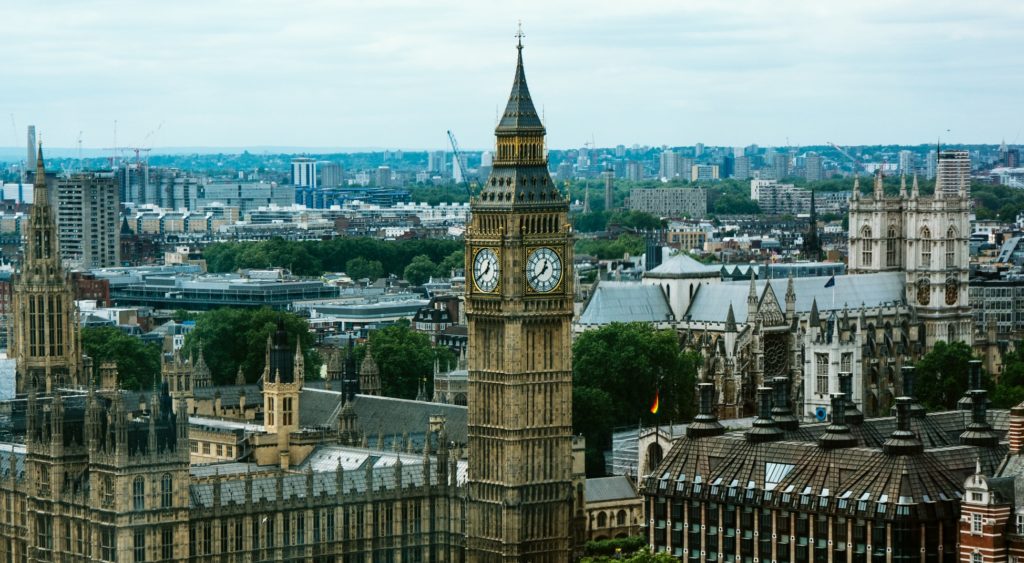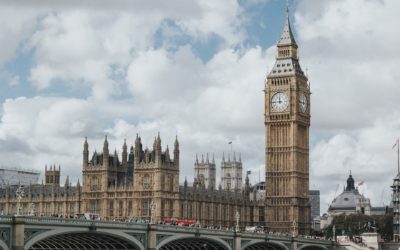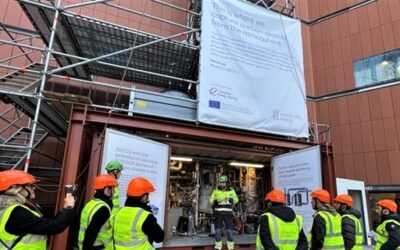The UK government has announced the Ten Point Plan for a Green Industrial Revolution, totalling investments of £12 billion. The ten points are focused around key areas for investment and policy measures, including greener buildings, green finance and innovation, and offshore wind • The Zero Carbon Heating Taskforce publishes new report on financial pathways to low carbon heating • BEIS and the Heat Network Industry Council launches website to connect heat network industry operators and suppliers • Read more about sustainable heating and cooling developments in the UK in the November news update

The recently announced Ten Point Plan for a Green Industrial Revolution represents an investment of £12 billion coupled with policy measures to support the UK government’s stated goal of achieving net-zero carbon emissions by 2050. The plan aims to support 250,000 jobs by 2030, and reduce carbon dioxide equivalent emissions with 180 million tonnes between 2023 and 2032. The ten key points around which the plan is built are:
The plan is intended to support a green recovery from the coronavirus pandemic, whilst creating jobs and strengthening the economy. Further plans to reduce emissions across major economic sectors in the UK will be announced in 2021.
See the full Ten Point Plan here
Read more in article by The Guardian here
The National Infrastructure Strategy will hold a central role in the success of the Ten Point Plan.
The Zero Carbon Heating Taskforce, part of the Green Finance Institute’s Coalition for the Energy Efficiency of Buildings, has recently published the report Financing Zero Carbon Heat: Turning up the Dial on Investment.
The report presents market insights and assesses barriers and opportunities for accelerated investments in zero carbon heating, including 12 demonstration projects to unlock investments.
The Department for Business, Energy and Industrial Strategy (BEIS) and the Heat Network Industry Council have jointly launched a website to overcome challenges posed by the ongoing pandemic. The website aims to connect operators and suppliers in the heat networks sector to help keep networks running, and offers businesses the opportunity to post specific requests for services or equipment.
Visit the Heat Network Exchange website
The partnership between Vattenfall and Viridor aims to capture heat from Viridor’s EfW facilities, and subsequently distributing heat using Vattenfall’s adjacent heat pipe infrastructure
Read more about the partnership here
Midlothian Council and Vattenfall launched a 50/50 joint venture in February this year to supply low carbon heating in the east of Scotland, which has now formally taken the shape of an energy services company (ESCo). Shawfair town on the edge of Edinburgh will see the first project from the ESCo, with a low carbon district heating network.
Read more in the press release by Vattenfall here
To stay updated on news for sustainable heating and cooling, follow us on Twitter and LinkedIn, and subscribe to our Newsletter.
Sweden is at the forefront of decentralised heat networks technology. Our aim for “Sustainable Heating & Cooling by Sweden” is to facilitate knowledge sharing between British, French and Swedish stakeholders and develop and encourage environmental and economic best practice.
To find out how we can help you and your organisation, please contact our London or Paris-based “SHC” teams. We can introduce you to leading consultants, suppliers of technology and services who will be pleased to share know-how of the development of sustainable heating & cooling solutions.


